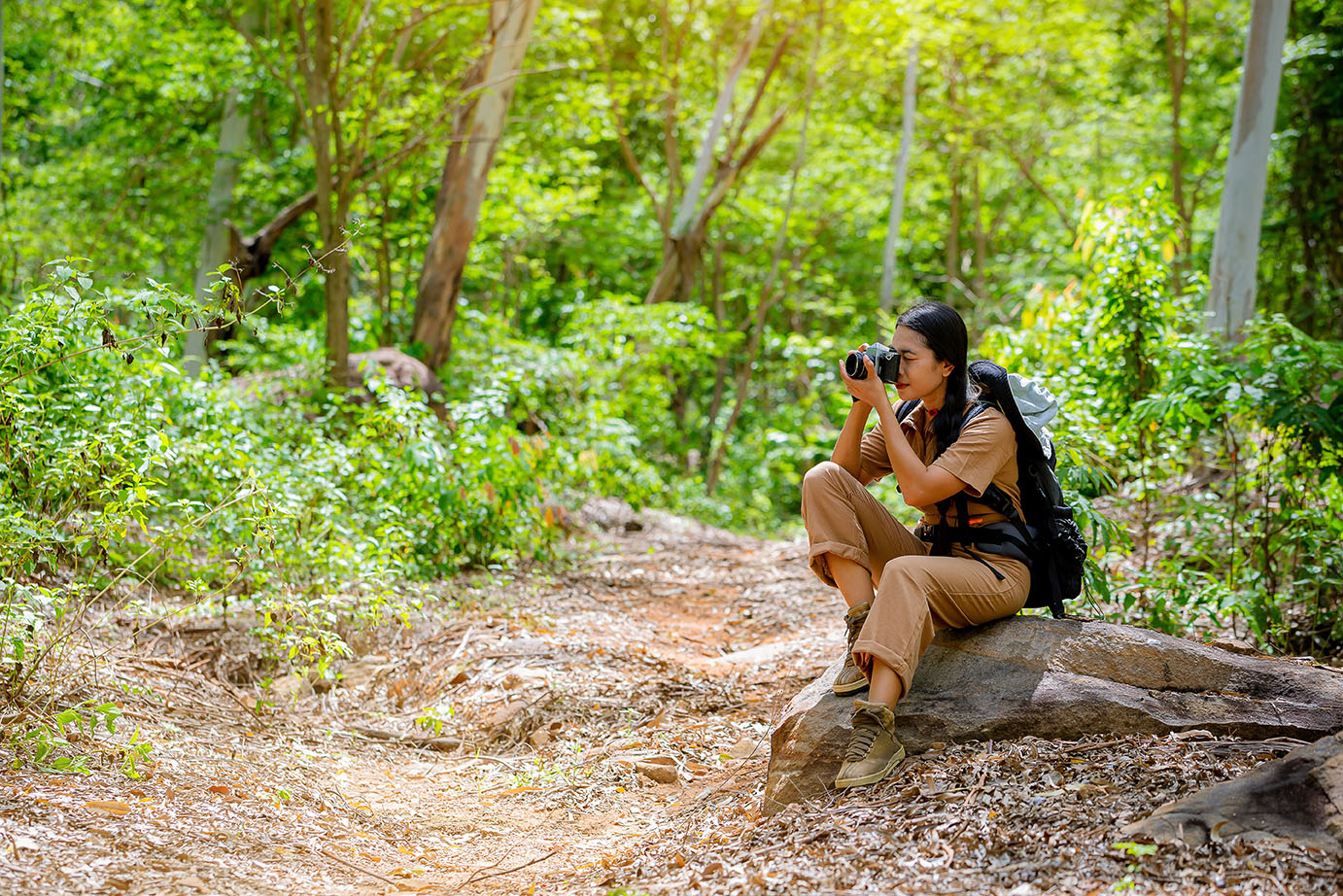
naturalist
Definition
A naturalist is someone who studies and loves nature. They are interested in all aspects of the natural world, including plants, animals, rocks, and the environment.
Naturalists often use the scientific method to study the natural world. This means that they make observations, ask questions, and design experiments to test their hypotheses.
Naturalists may also use their knowledge of the natural world to educate others. They may write books, articles, or give presentations about their work.
Naturalists can play an important role in conservation. They can help to identify and protect endangered species, and they can work to educate the public about the importance of protecting the environment.
Some famous naturalists include:
- Charles Darwin: The father of evolution
- John Muir: The founder of the Sierra Club
- Rachel Carson: The author of Silent Spring
How can the word be used?
Naturalists study and observe nature in a variety of ways, including field research, laboratory research, and museum work.

Different forms of the word
Noun: A person who studies and observes nature.
Adjective: Relating to nature or natural history.
Verb: To study or observe nature.
Derivative: Naturalism.
Etymology
Noun: A person who studies and observes nature.
Adjective: Relating to nature or natural history.
Verb: To study or observe nature.
Derivative: Naturalism.
Question
What is a naturalist?
AQA Science Exam Question and Answer
Question:
Describe the role of a naturalist and how their observations contribute to our understanding of the environment. Provide examples of famous naturalists and their significant contributions.
Answer:
A naturalist is a person who studies and observes the natural world, including plants, animals, ecosystems, and geological formations. They keenly observe and document the behaviour, interactions, and characteristics of various species and their habitats.
Naturalists contribute significantly to our understanding of the environment by providing valuable insights into biodiversity, ecological balance, and the impact of human activities. They collect data on species distribution, behaviours, and changes over time, aiding conservation efforts and environmental management.
Famous naturalists include Charles Darwin, who revolutionised biology with his theory of evolution based on observations of diverse species during his voyage on the HMS Beagle. Jane Goodall's detailed studies of wild chimpanzees advanced our understanding of primate behaviour and social structures. David Attenborough, a renowned broadcaster and naturalist, has brought the wonders of the natural world to global audiences, raising awareness about conservation challenges.
These naturalists' contributions have shaped scientific knowledge, policy decisions, and public awareness. By delving into the intricate relationships within ecosystems and documenting their findings, naturalists play a crucial role in preserving the Earth's rich biodiversity and promoting sustainable coexistence between humans and the natural world.